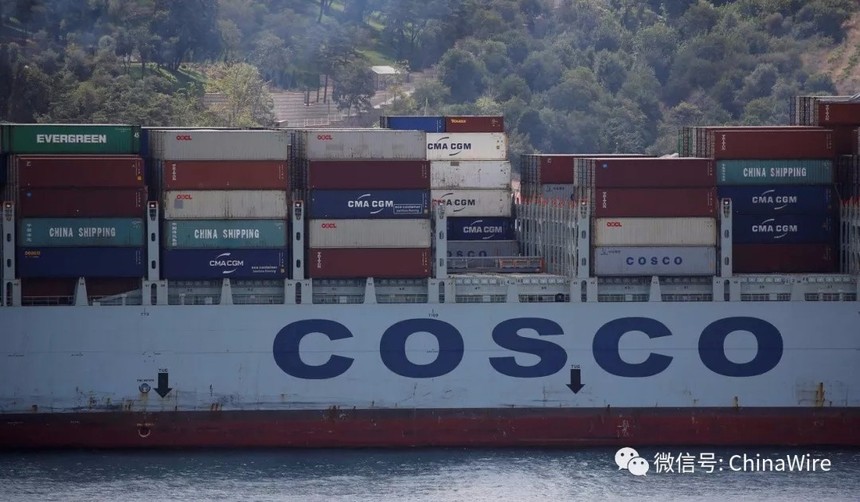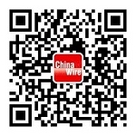|
Belt and Road Reflects Reality that China is Now a World Power
Source:scmp.com Beijing��s global trade and infrastructure scheme reflects the new reality that China is no longer a developing country but a world power, according to Spain��s foreign minister. But Josep Borrell Fontelles said any projects under the ��Belt and Road Initiative�� should stick to key principles, including environmental sustainability and a level playing field for all parties. ��[The belt and road] is proof that China is no longer considering itself a net receiver and starts considering itself a contributor to the world, and this is something Spain welcomes,�� Borrell, minister of foreign affairs, the European Union and cooperation told the South China Morning Post. ��This entitles new responsibilities and requires for competitive advantages to be abandoned, as they do not correspond with the new reality of China.��
Josep Borrell Fontelles said Spanish officials attending the Belt and Road Forum wanted to learn more about the ��evolving�� programme. Photo: Handout Borrell, 72, a seasoned Spanish politician and former president of the European Parliament, will attend the Belt and Road Forum that begins in Beijing on Thursday. He said that while it was too soon to assess the impact of the New Silk Road, the EU shared the US view that China was already a world power, and that European cooperation in the scheme would be based on the premise that certain principles were respected. While Spain has taken a ��constructive�� approach to the initiative and is a founding member of the China-led Asian Infrastructure Investment Bank, he said Spanish officials attending the forum wanted to learn more about the ��evolving�� programme. The sprawling trade and investment plan aims to connect China with Asia, Africa, Europe and beyond along traditional land and sea routes. When it was launched by President Xi Jinping in 2013, it was referred to as a ��project��, but it then became an ��initiative�� as Beijing sought to dispel worries over its ambitions. Nearly six years on, more than 100 countries and international organisations have signed on to the belt and road, but wariness and distrust is building in Europe amid what critics call China��s ��debt trap diplomacy�� and neocolonialism. Spain has not officially joined the programme, but it has worked with China on some belt and road projects. For example, Chinese state-owned shipping company Cosco now holds a majority stake in Noatum Port Holdings, the Spanish firm operating ports in Valencia and Bilbao, while a direct freight train link has been launched between the Chinese city of Yiwu and Madrid. Borrell noted that Cosco did not ��control�� any Spanish ports �C rather, it was operating some container terminals as the main shareholder in three of 46 ports in Spain. He also said the train link had yet to reach its full potential since it started transporting goods between China and Spain in 2014. The China-Europe Railway Express is a flagship belt and road project, but it has been widely criticised because there is far less freight heading east along the line than westbound goods, underscoring the imbalance in trade relations. China and Spain pledged to address what Madrid called a ��chronic deficit with Beijing�� during Xi��s visit to the Spanish capital in November. Spain had a trade deficit of �20.63 billion (US$23.21 billion) with China in 2018, a 6.3 per cent increase from the previous year, according to the Spanish embassy in Beijing.
Chinese state-owned shipping company Cosco holds a majority stake in the Spanish operator of ports in Valencia and Bilbao. Photo: Reuters ��Spain considers [the belt and road] still has positive potential to show, as long as some principles that in the EU we consider essential are taken into account: financial, labour and environmental sustainability of the projects, comprehensiveness of connectivity, respectful of international law, level playing field for all the parties involved,�� he said. ��These principles must be respected for [the belt and road] to be a net positive contribution to the world, so that no one can be confused into considering it an imposition to the most vulnerable countries. ��Spain, within the framework of the EU, wishes to accompany this process of improvement of [the belt and road] as a contribution to other countries, respecting their liberty and sovereignty. In any case, it is still premature to voice a definitive assessment of such a great initiative of global dimensions,�� he said. Engagement and cooperation were expected to be the main theme of EU-China relations for the next five years or longer, according to the Spanish foreign minister. Playing down a policy paper from the European Commission in March that labelled China as a ��systemic rival��, Borrell said people should not overreact to it. He also said there was nothing new about China and the EU holding different views of what was best for their citizens. ��The novelty now is China promoting alternative governance models abroad or even at the multilateral level. Here is where the commission identifies a systemic rivalry; the debate is not between the EU and China any more, but worldwide,�� he said. Noting that the commission also identified many areas for cooperation between China and the EU, such as the fight against climate change, he said: ��This is not a paper seeking to heighten tensions between China and the EU, but a document that objectively assesses the relation between both giants with all its pros and cons. ��The EU has always addressed China on the basis that good friends are able to talk frankly about their disagreements and reach compromises at the negotiation table,�� he said. |




